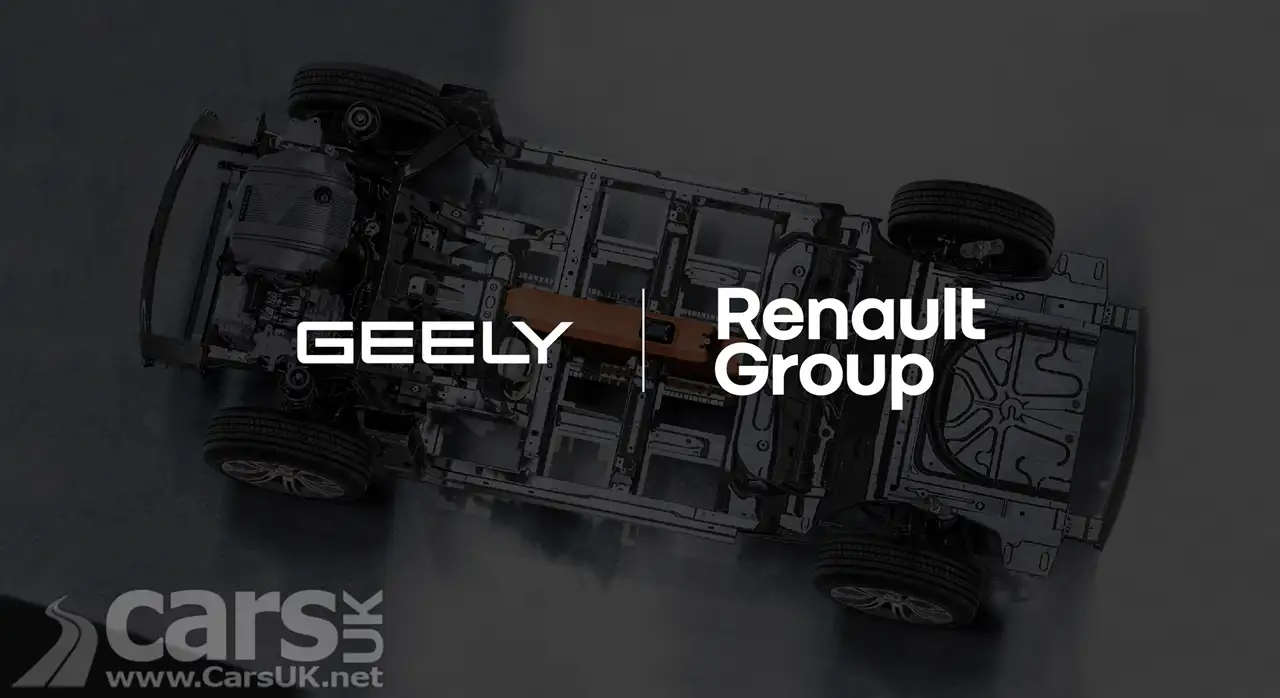Renault and Geely confirm a new business – HORSE Powertrain – to develop and share hybrid and ICE engine development.
Renault and Geely have confirmed their new joint venture to produce low-emission and ICE engines comes in to existence today – 31 May 2024 – as car makers seek ways to economically continue to deliver ICE-based engines in a world obsessed by pushing EVs on to an unwilling public.
Luca de Meo, CEO Renault Group, said:
Today marks an important step in meeting the greatest challenges facing the automotive industry: the decarbonisation of road transport.
Partnering with a leading company like Geely to create a new player with the capability and expertise to develop ultra-low emission internal combustion engines and high economy hybrid technologies is key for the future.
Through Horse Powertrain, Renault Group can achieve worldwide leadership and scale in a sector representing more than 80% of its business.
Together we will rise to meet the decarbonisation challenge with innovation at the forefront of our operations.
With a focus on low-emission ICE and Hybrids – and the use of alternative fuels – the new HORSE business will supply engines to a range of manufacturers including Renault, Geely, Volvo, Nissan, Mitsubishi and Proton.
New Range Extender Powertrain
HORSE has developed a new range-extender powertrain for both cars and vans which has an EV range of 124 miles and an overall range of 500 miles.
Similar to Nissan’s e-Power, the engine is only used to feed the battery which then runs the electric motor, but unlike the Nissan setup the HORSE engine comes with a decent size battery – but still half the size of a comparable EV – which can be plugged in to charge.
Patrice Haettel, CEO at HORSE: said:
This new Range Extender technology enables users to enter low-emission zones around major cities, driving in pure EV mode. However, when the battery charge depletes and the user needs to travel greater distances, the Range Extender adds a further 600km of range enabling travel further afield with ease and maximum efficiency.
According to HORSE, this new range extender – when used with low-carbon fuels – will have a cradle-to-grave footprint comparable to a long-range EV.
